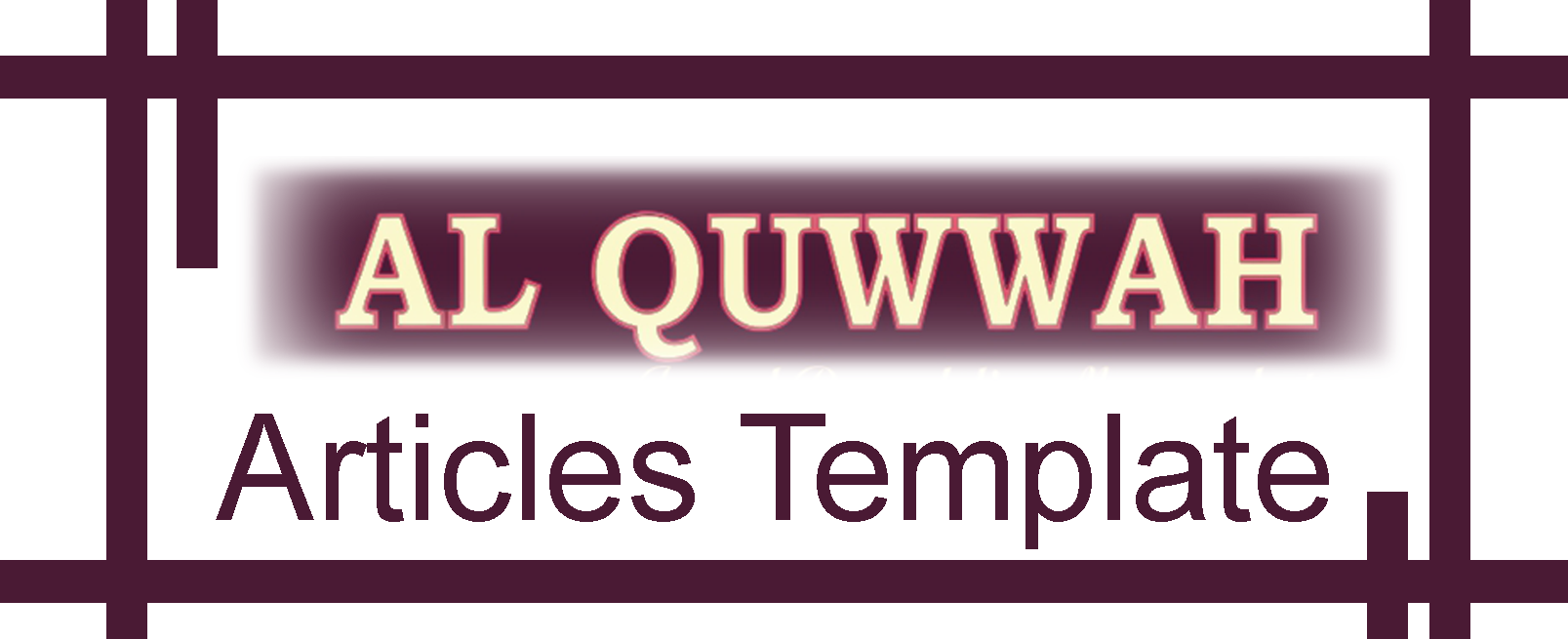Produksi Abon Ikan Lele Sebagai Inovasi Pengelolahan Ikan Lele Dan Usaha Untuk Meningkatkan Perekonomian Masyarakat Desa Tanjung Batu Itam
Keywords:
Budidaya Ikan Lele, Abon, Pengabdian Masyarakat
Abstract
This article discusses the implementation of the IAIN SAS BABEL Real Work Lecture (KKN) program in Tanjung Batu Itam Village as a form of community service. Tanjung Batu Itam Village is one of the villages in Simpang Pesak District, East Belitung Regency. Tanjung Batu Itam Village has various potentials, one potential that stands out and can be exploited easily in Tanjung Batu Itam Village is cultivating freshwater fish such as catfish. Catfish cultivation in Tanjung Batu Itam Village is managed by a youth group called POKDAKAN (Fish Cultivator Group) Muda Jaya Millenial. In order to increase the economic value of a product, catfish can be made into a processed product so that it has a higher selling price compared to raw fish. Shredded meat is a long-lasting food that has high protein and low cholesterol levels. Catfish meat can be used as raw material for making shredded meat. The aim of making freshwater fish floss is to develop the existing potential of Tanjung Batu Itam Village, produce processed food products, and open new business areas in order to improve the economy of the people of Tanjung Batu Itam Village.Downloads
Download data is not yet available.
Published
2025-06-30
How to Cite
Guspiarsi, Y., Robiansyah, R., & Febiana, T. (2025). Produksi Abon Ikan Lele Sebagai Inovasi Pengelolahan Ikan Lele Dan Usaha Untuk Meningkatkan Perekonomian Masyarakat Desa Tanjung Batu Itam. AL QUWWAH : Jurnal Pengabdian Masyarakat, 5(1), 40-46. https://doi.org/10.32923/aq.v5i1.4873
Section
Articles
Copyright (c) 2025 Tania Febiana, Yulis Guspiarsi, Robiansyah

This work is licensed under a Creative Commons Attribution 4.0 International License.
- All articles published in Al Quwwah are licensed under a Creative Commons Attribution-ShareAlike 4.0 International (CC BY-SA) license. This means anyone is free to copy, transform, or redistribute articles for any lawful purpose in any medium, provided they give appropriate attribution to the original author(s) and Al Quwwah, link to the license, indicate if changes were made, and redistribute any derivative work under the same license.
- Copyright on articles is retained by the respective author(s), without restrictions. A non-exclusive license is granted to Al Quwwah to publish the article and identify itself as its original publisher, along with the commercial right to include the article in a hardcopy issue for sale to libraries and individuals.
- Although the conditions of the Creative Commons Attribution-ShareAlike 4.0 International (CC BY-SA) license do not apply to authors (as the copyright holder of your article, you have no restrictions on your rights), by submitting to Al Quwwah, authors recognize the rights of readers and must grant any third party the right to use their articles to the extent provided by the license.
 This work is licensed under a Creative Commons Attribution-ShareAlike 4.0 International License.
This work is licensed under a Creative Commons Attribution-ShareAlike 4.0 International License.




.png)
.png)


